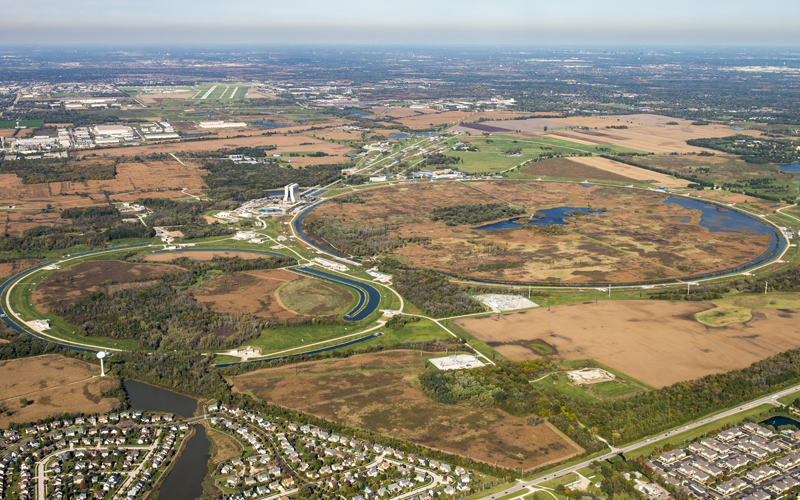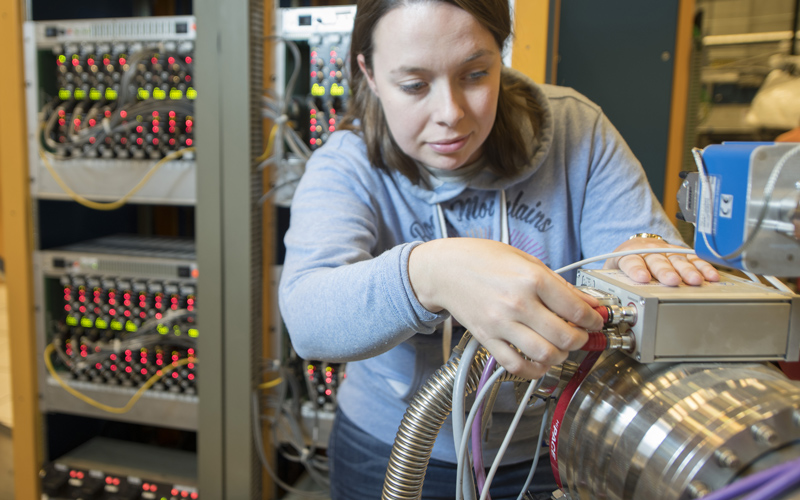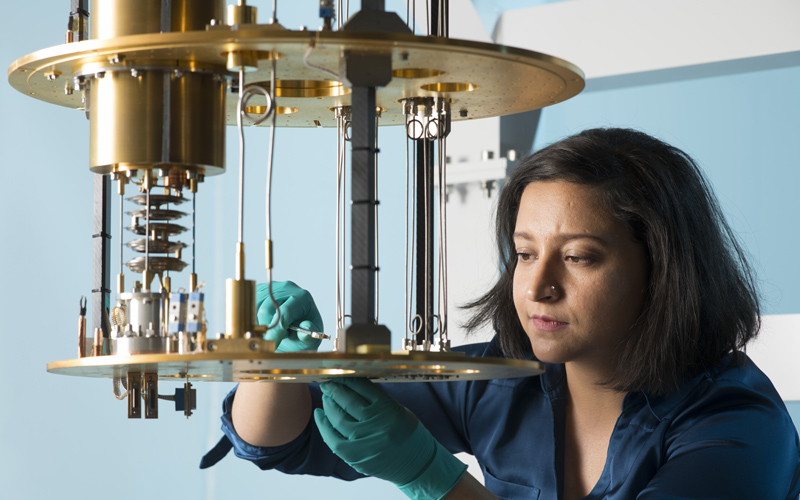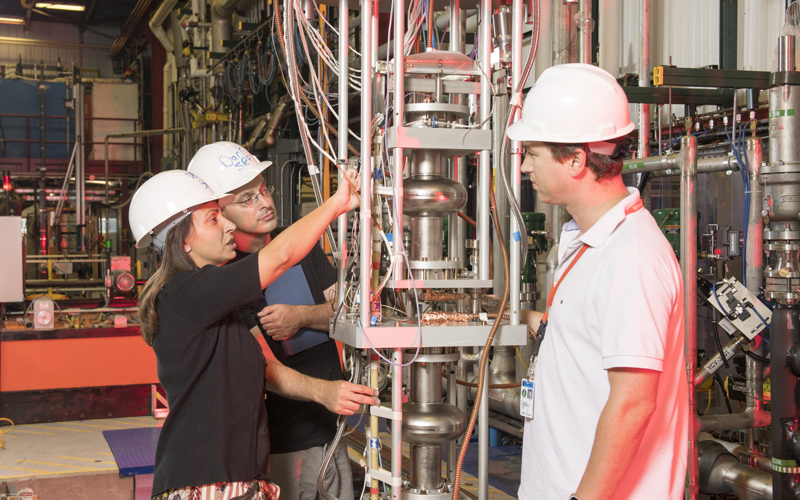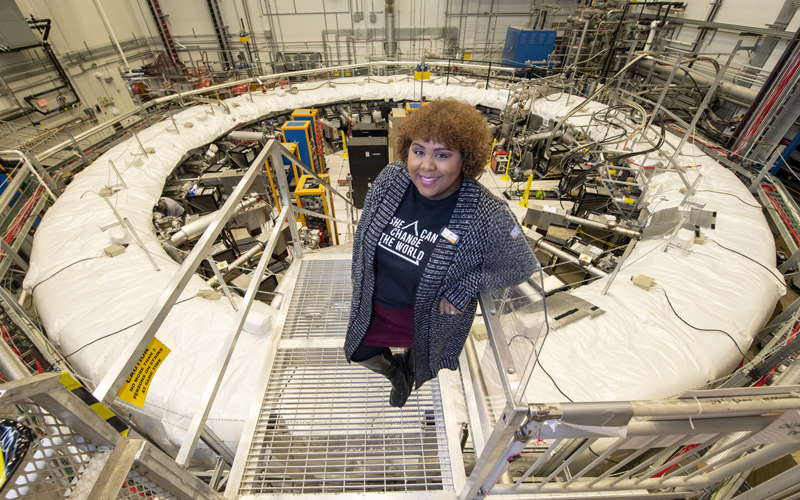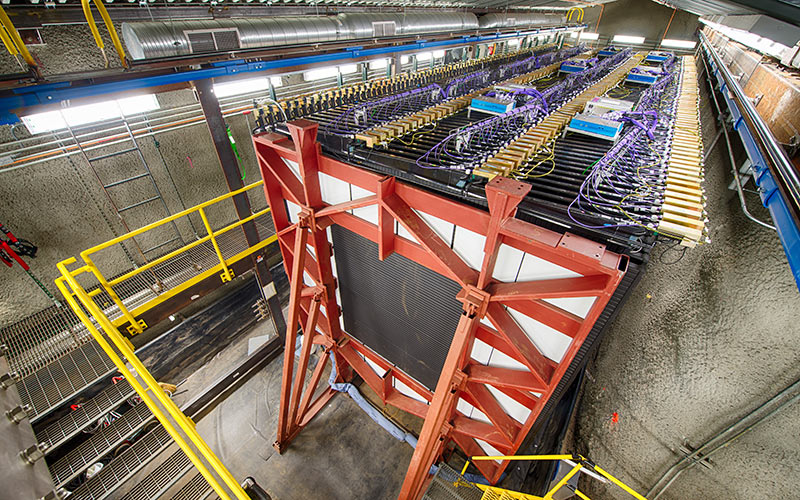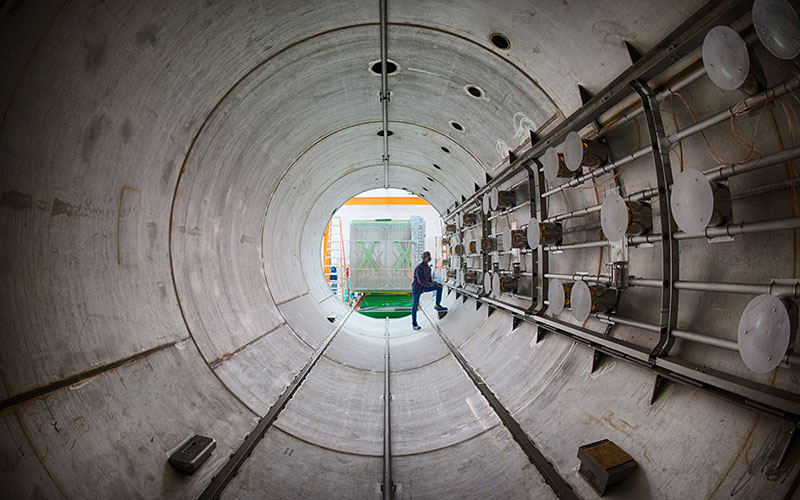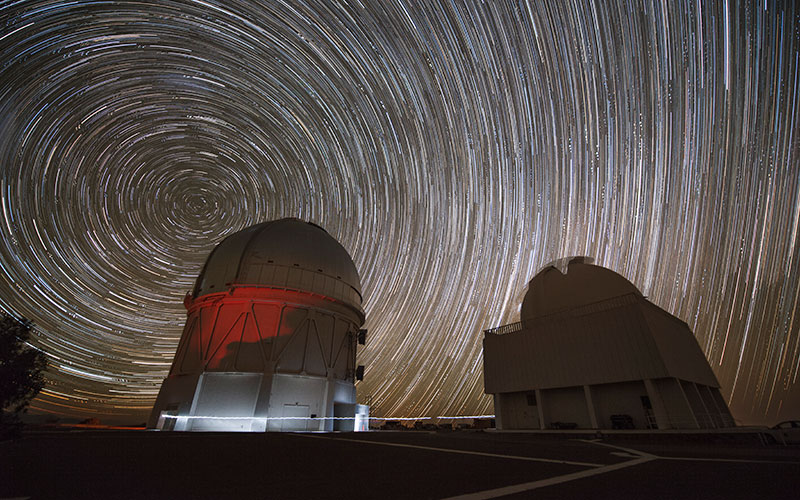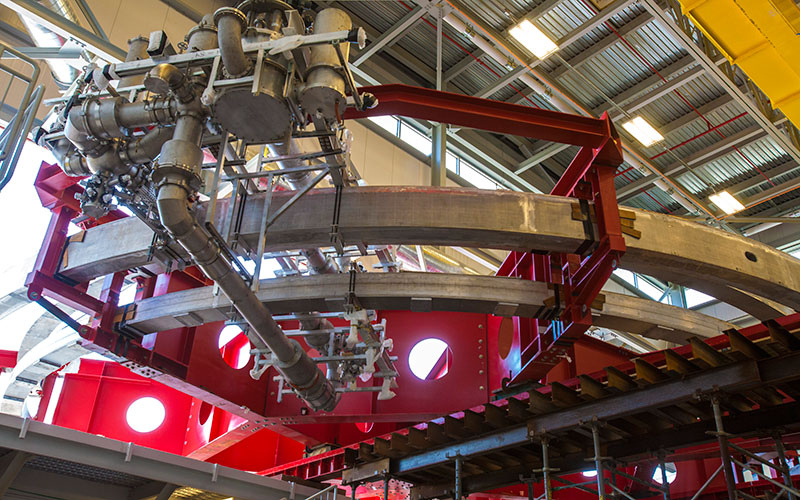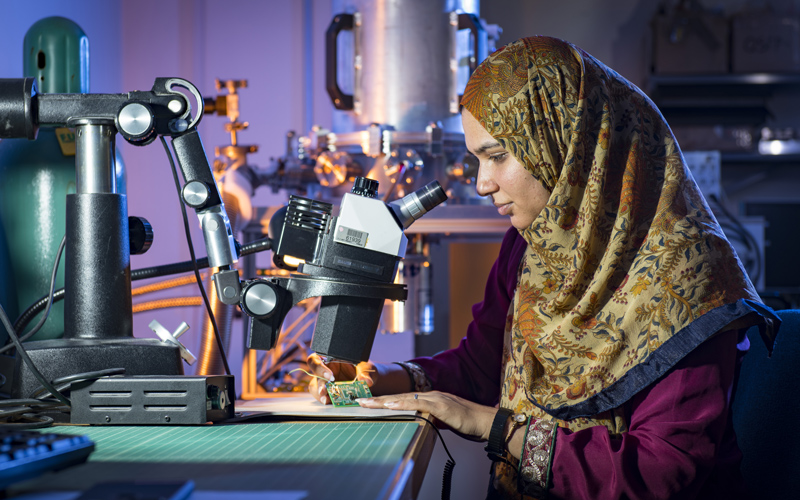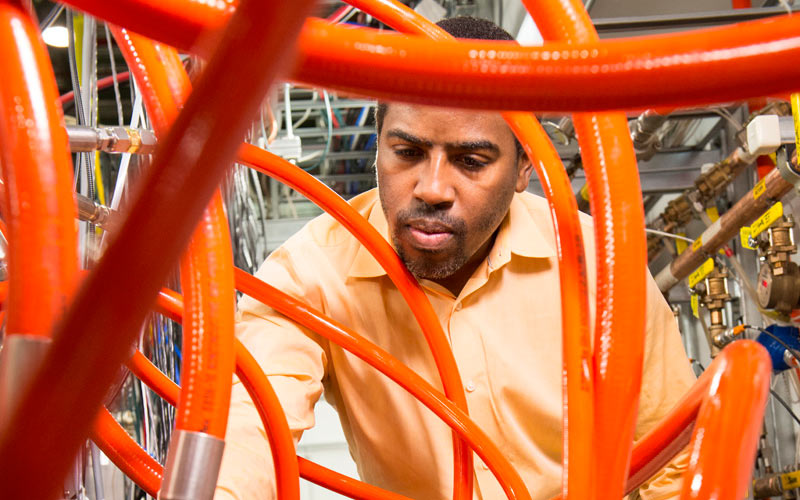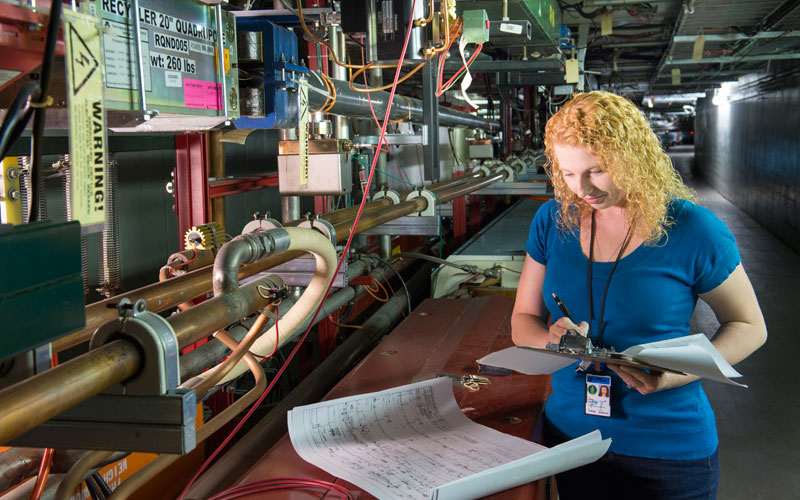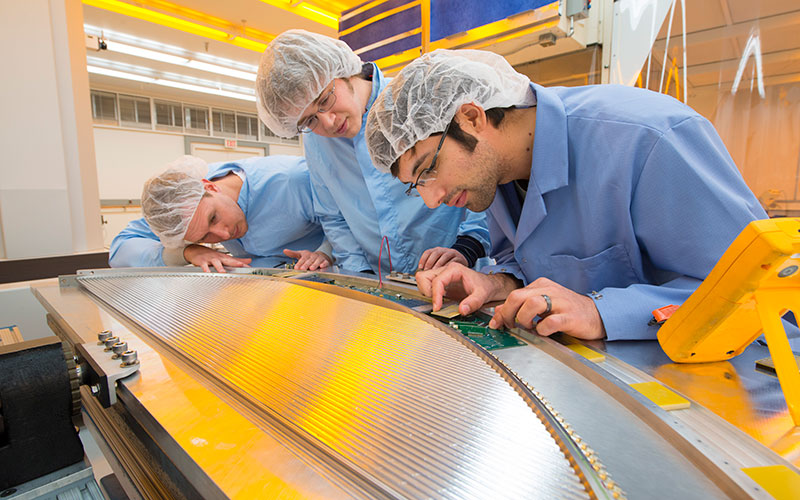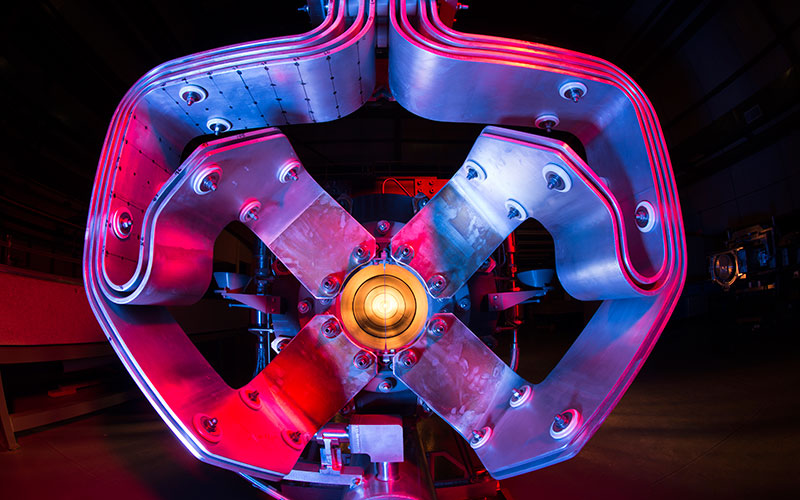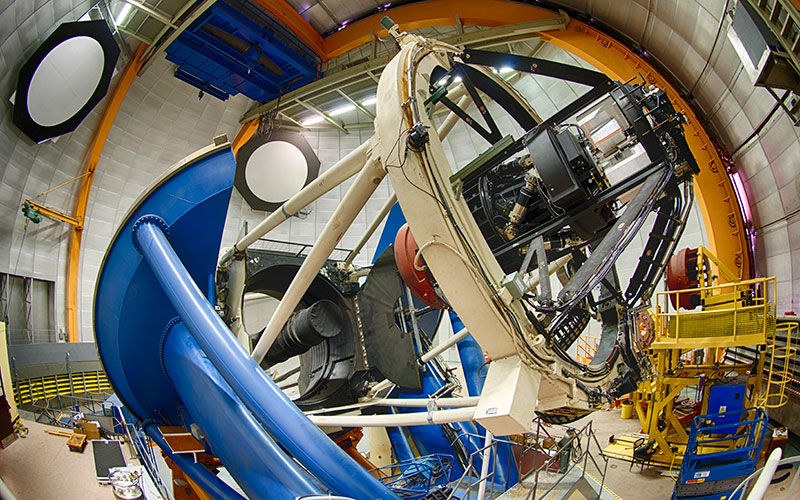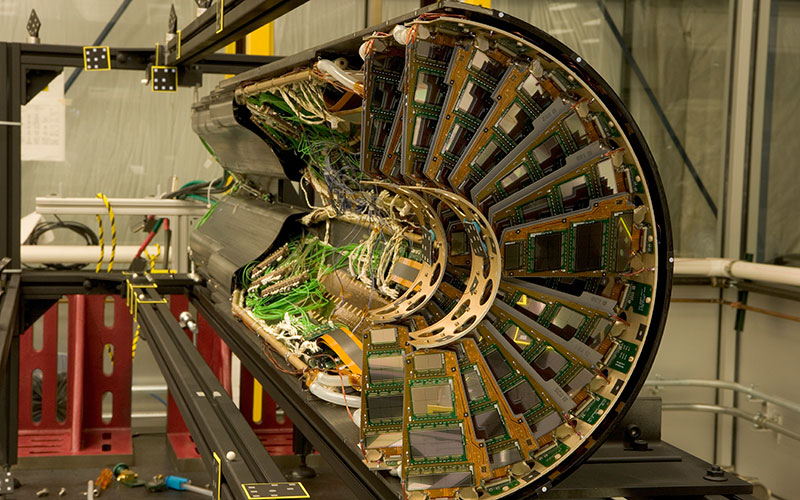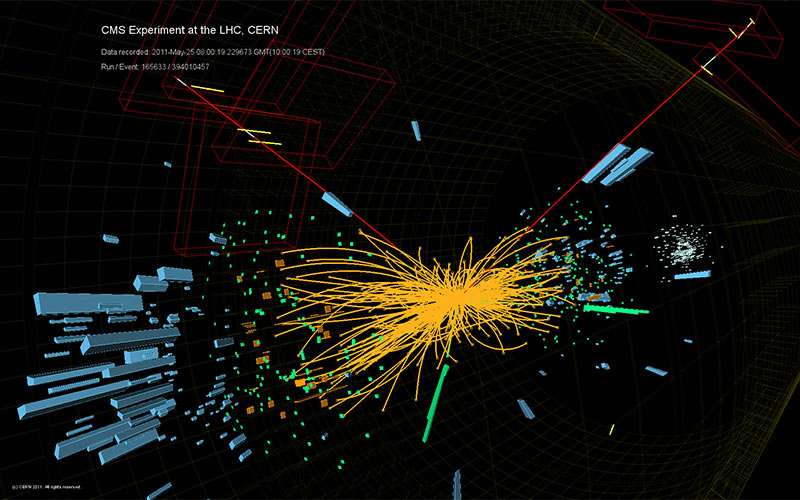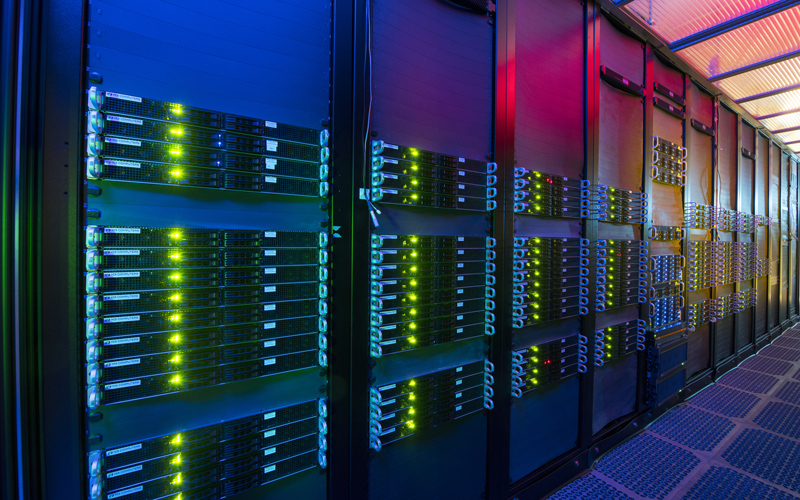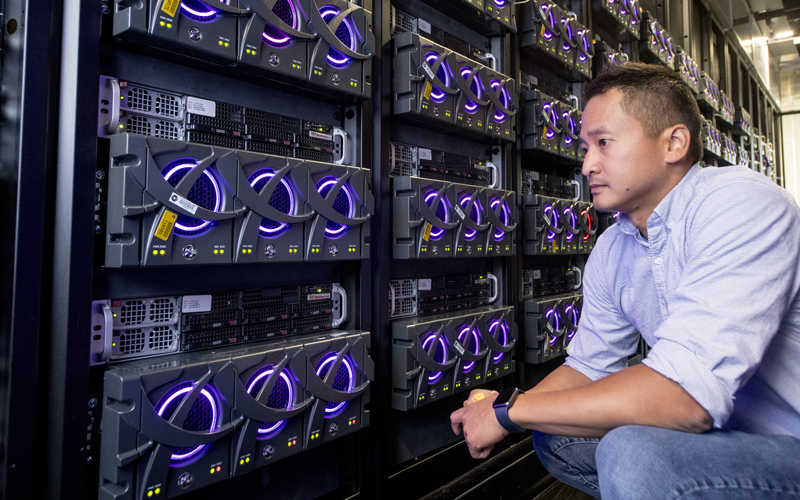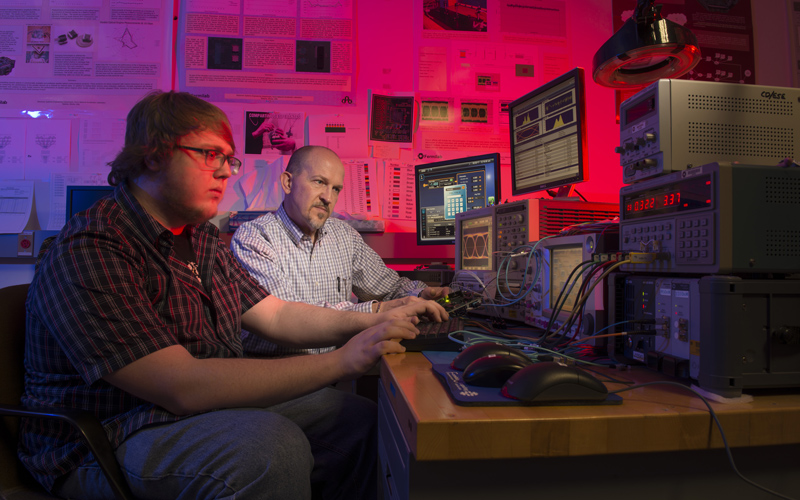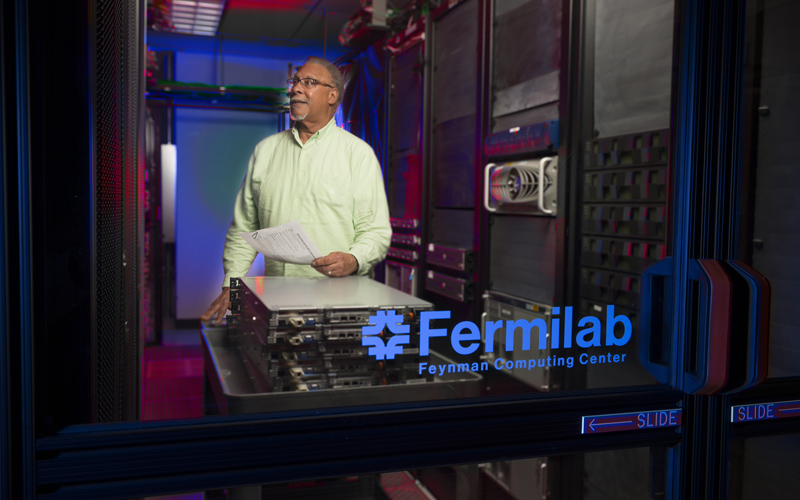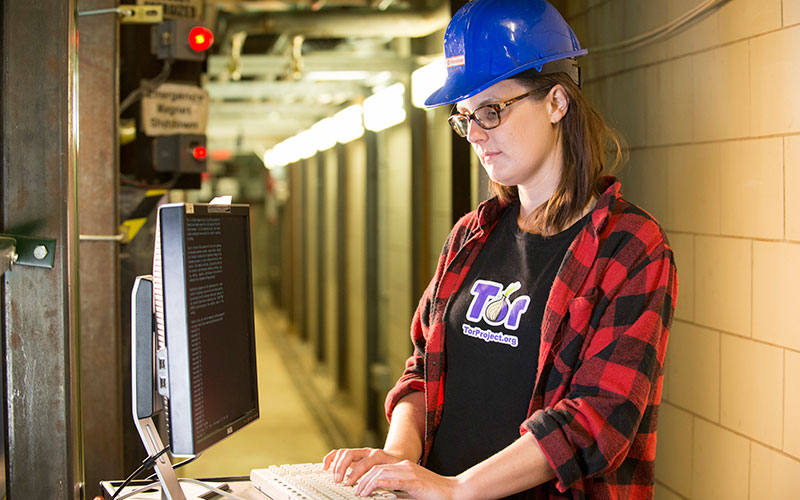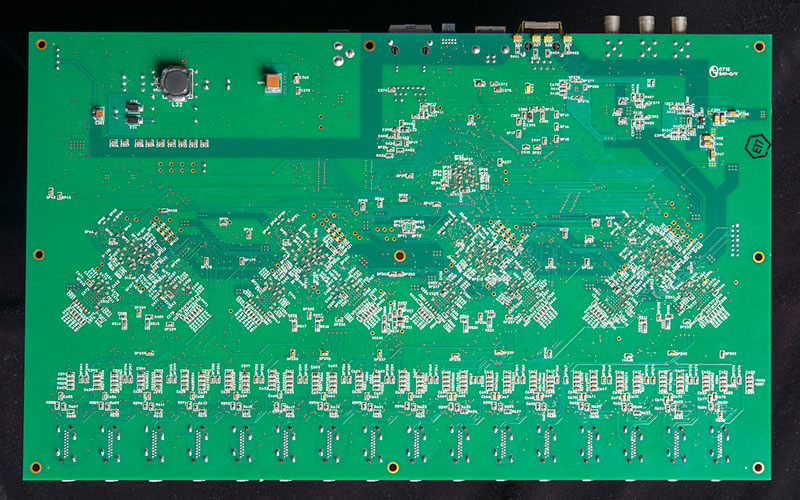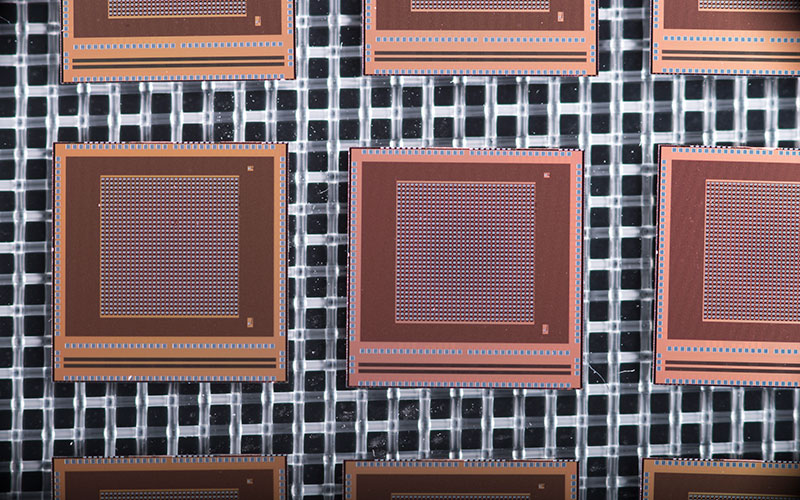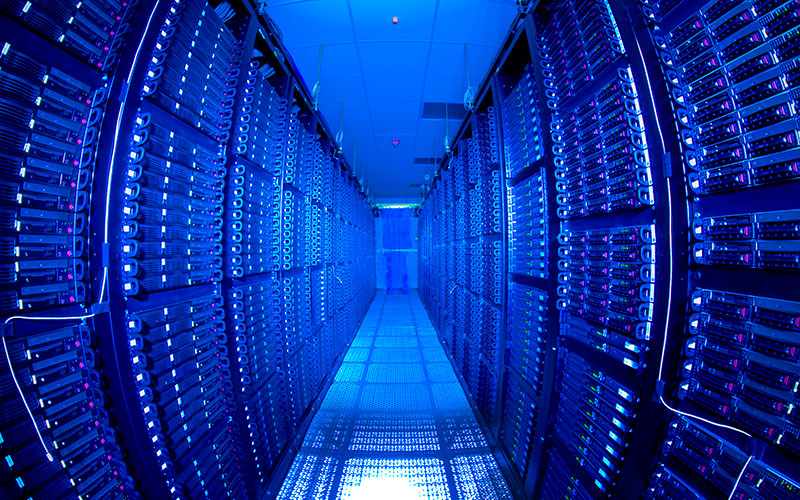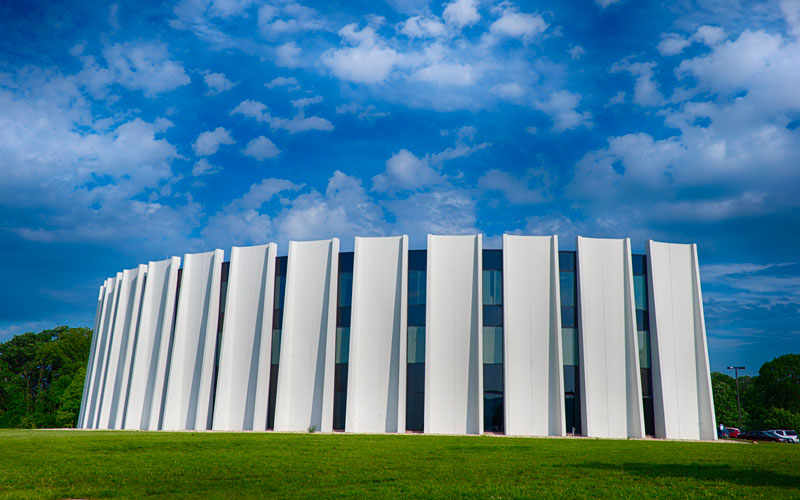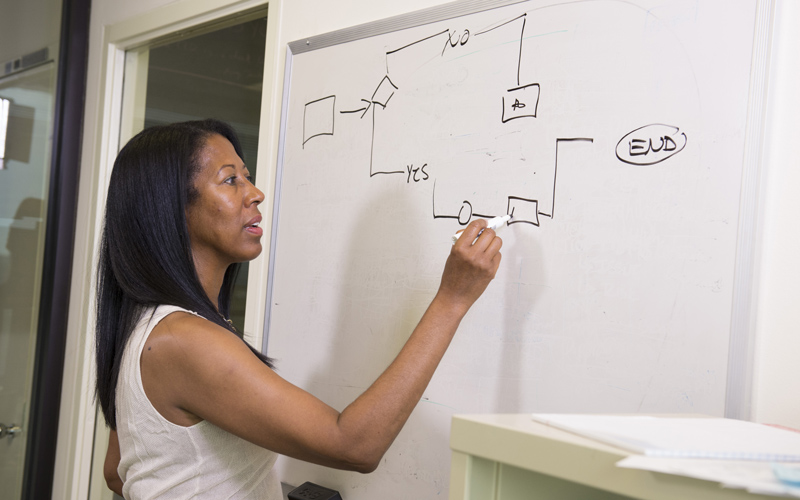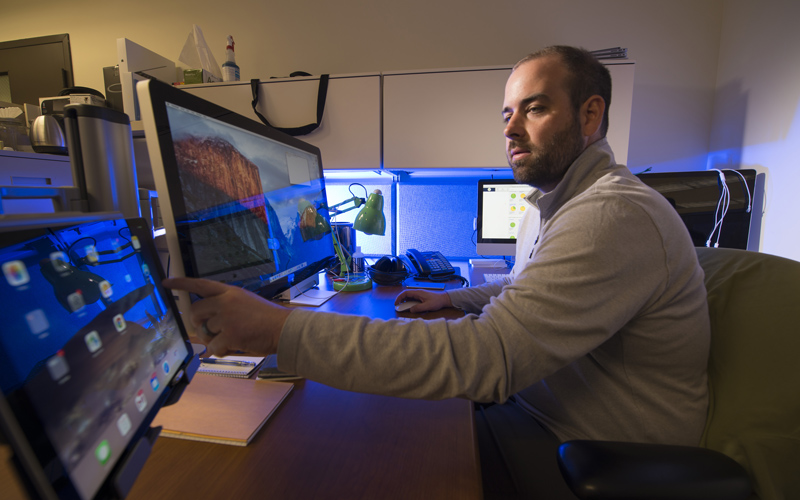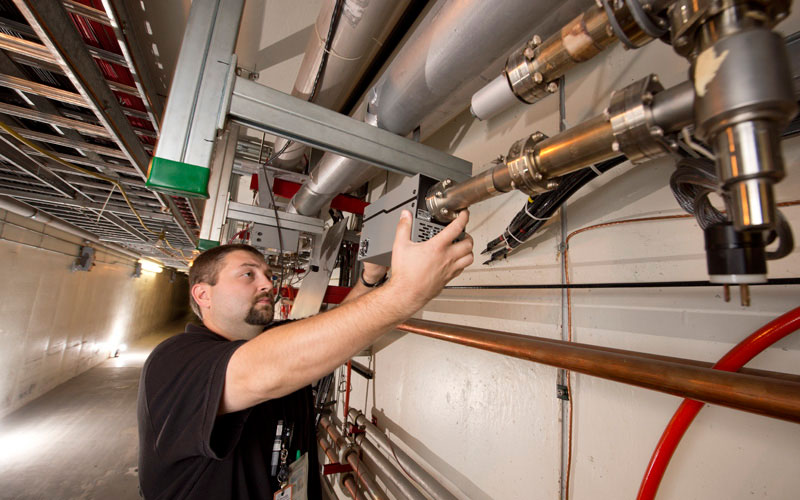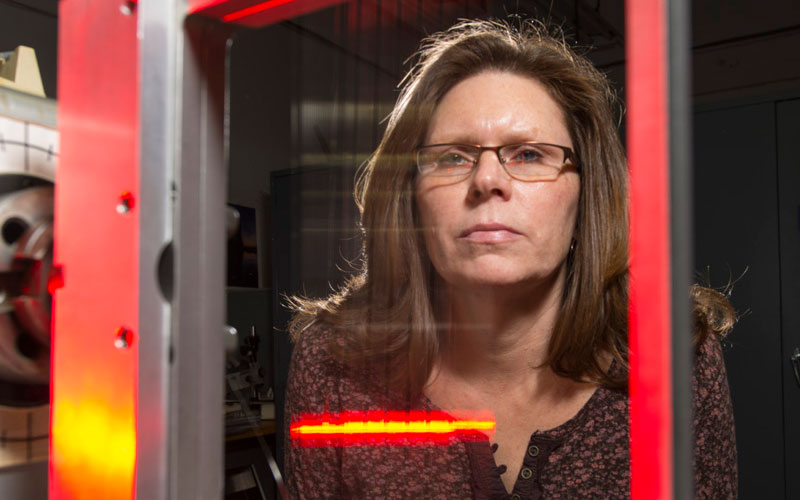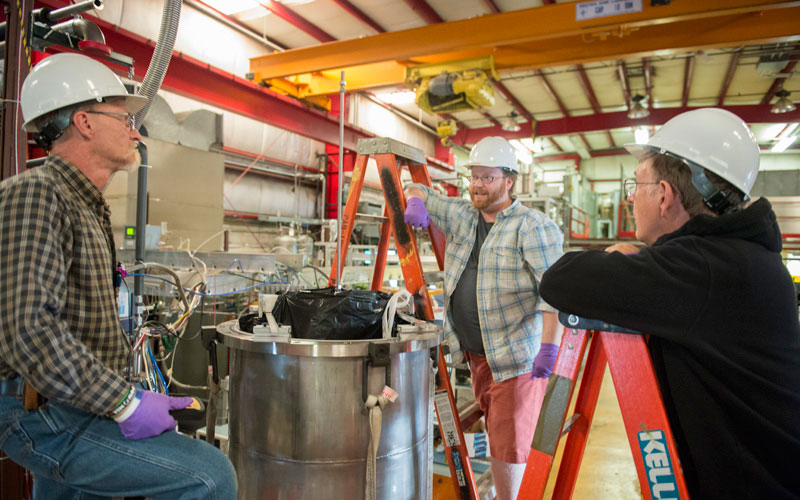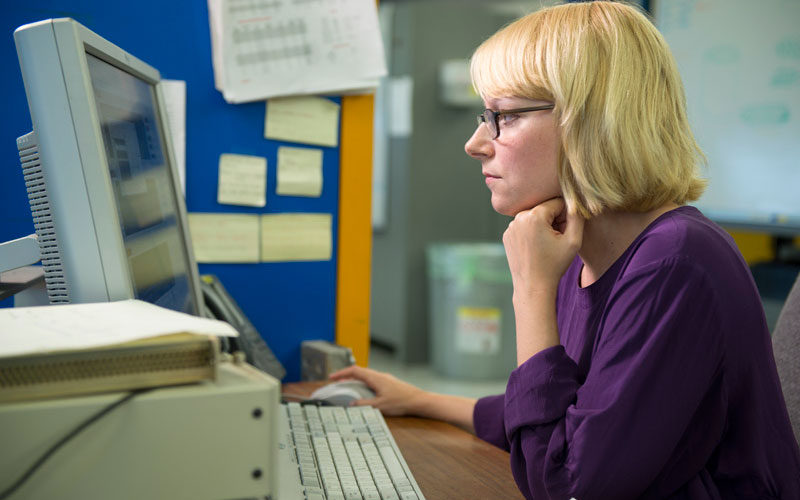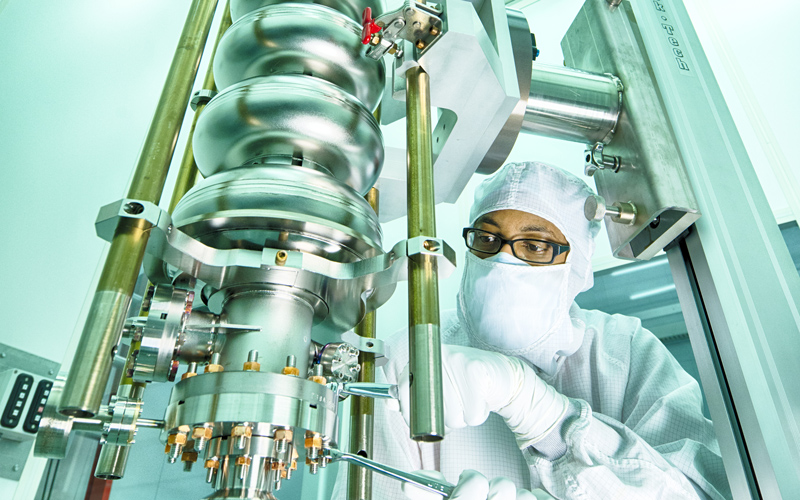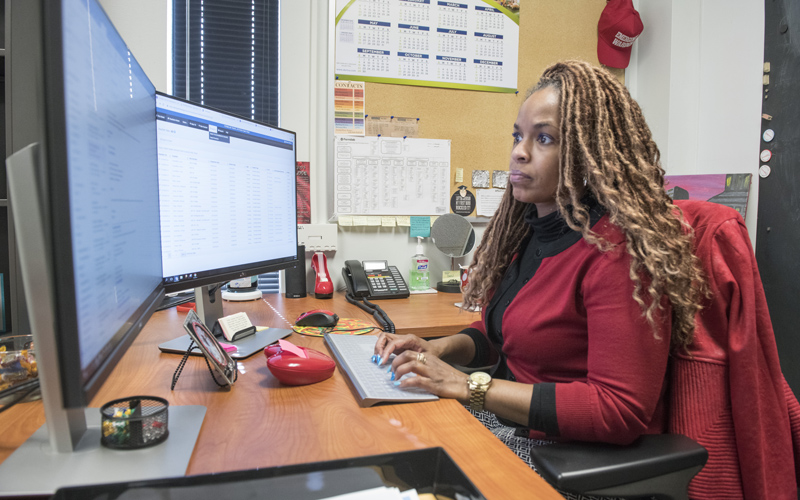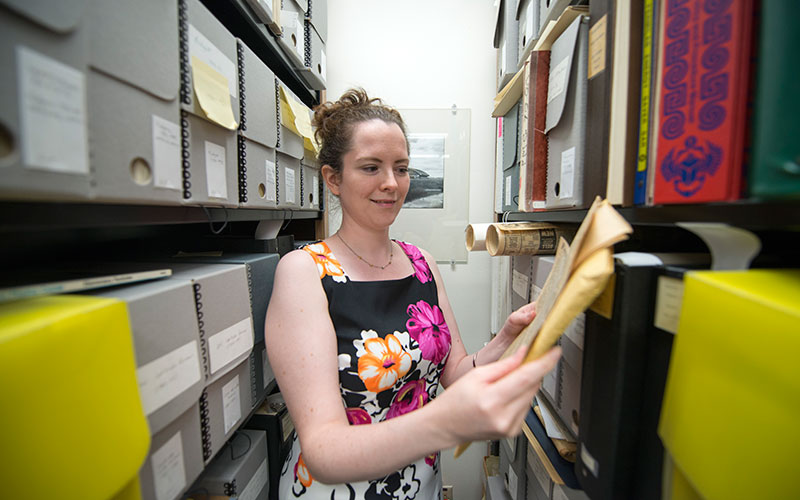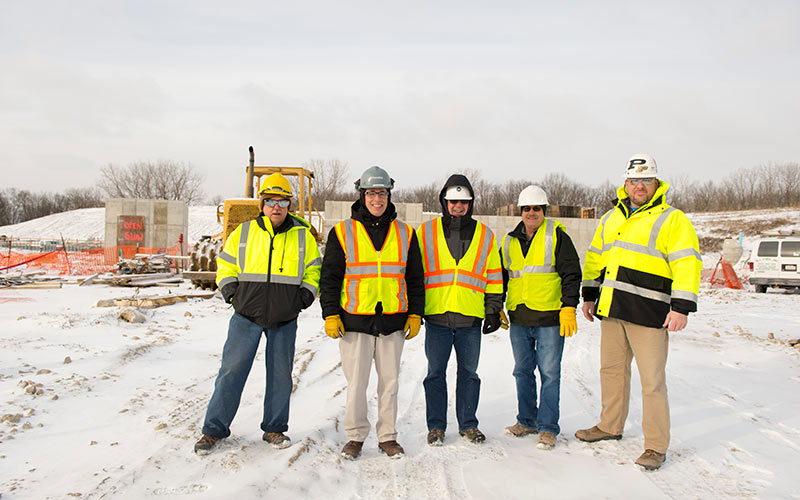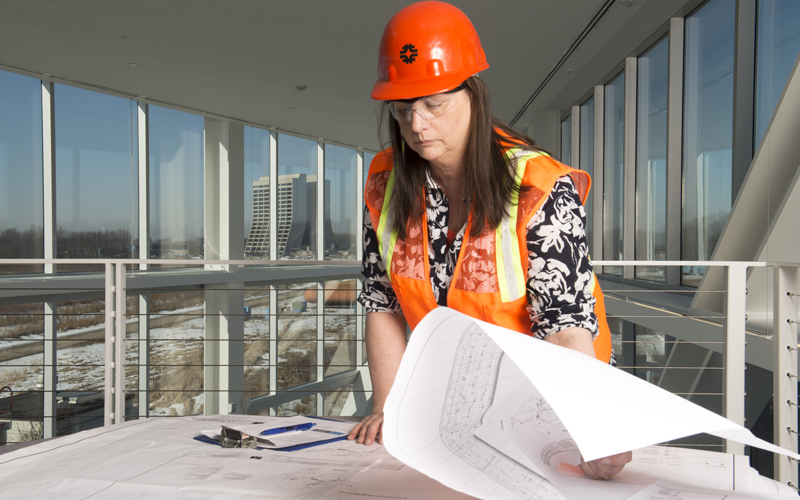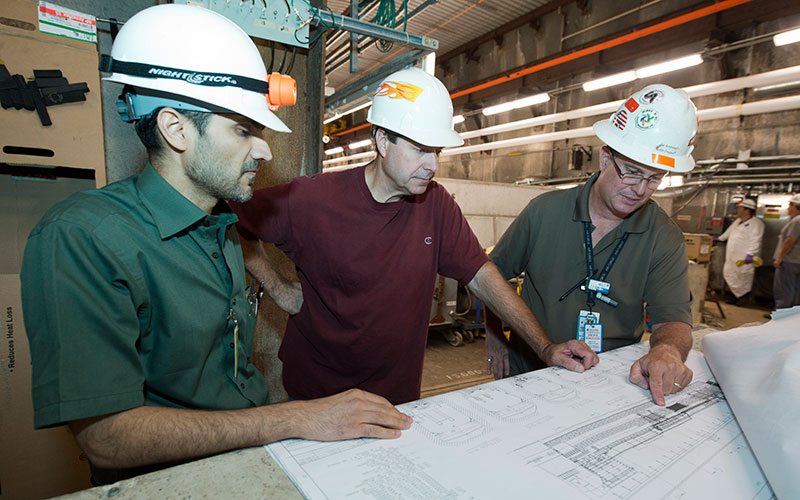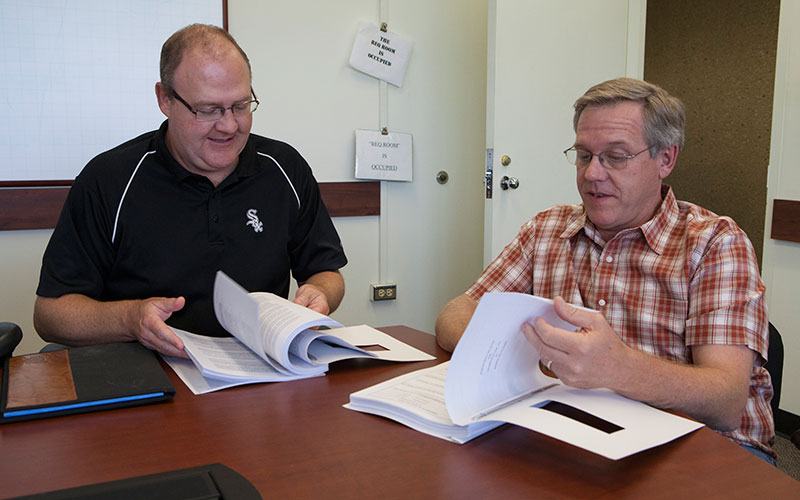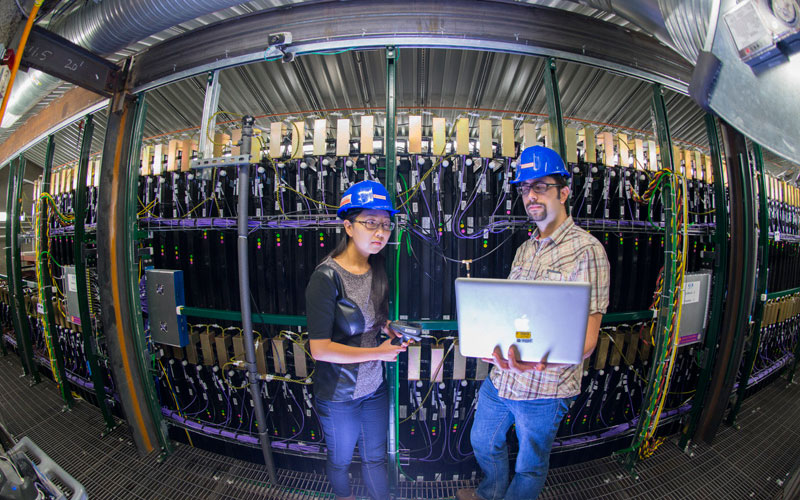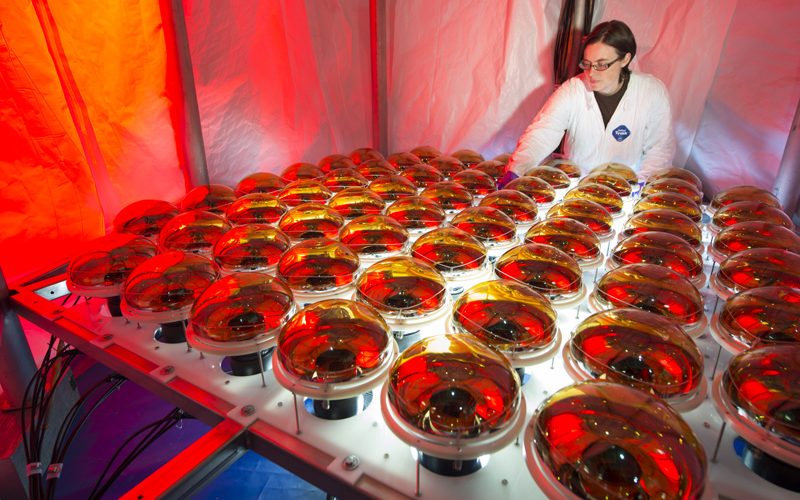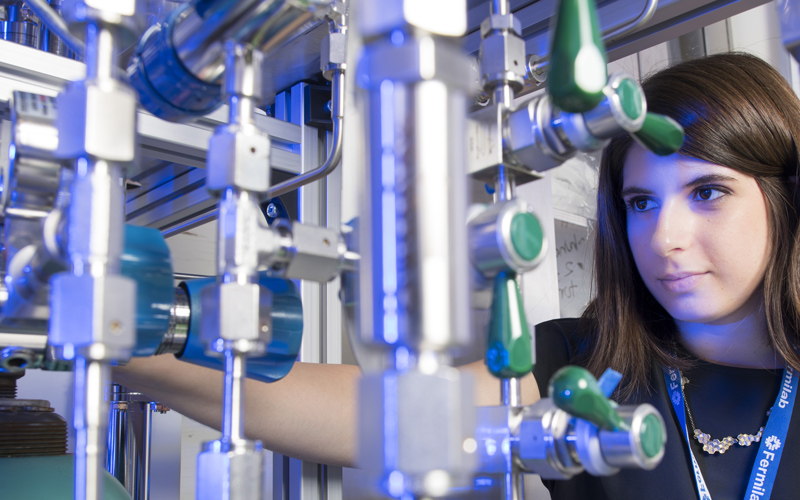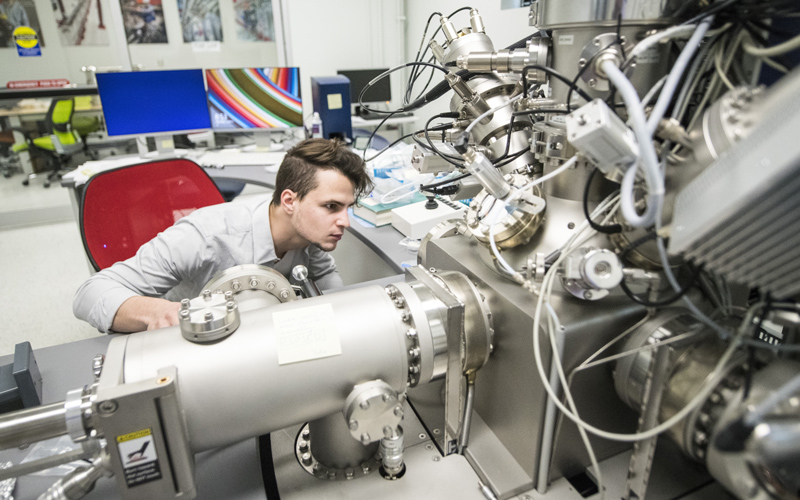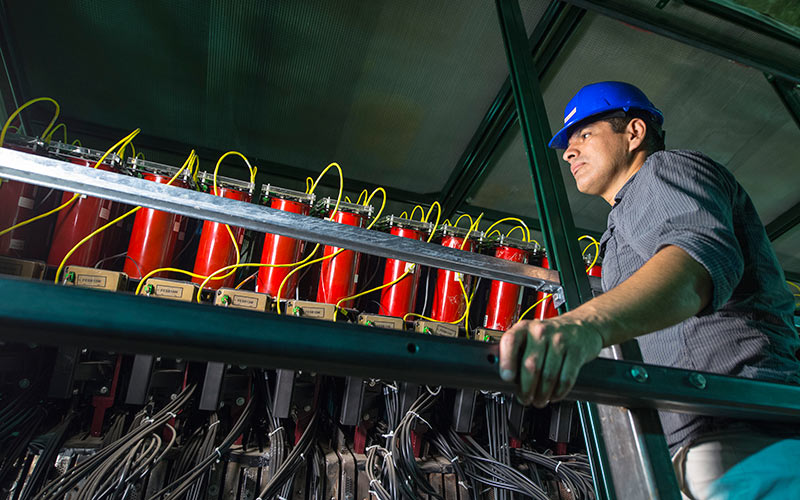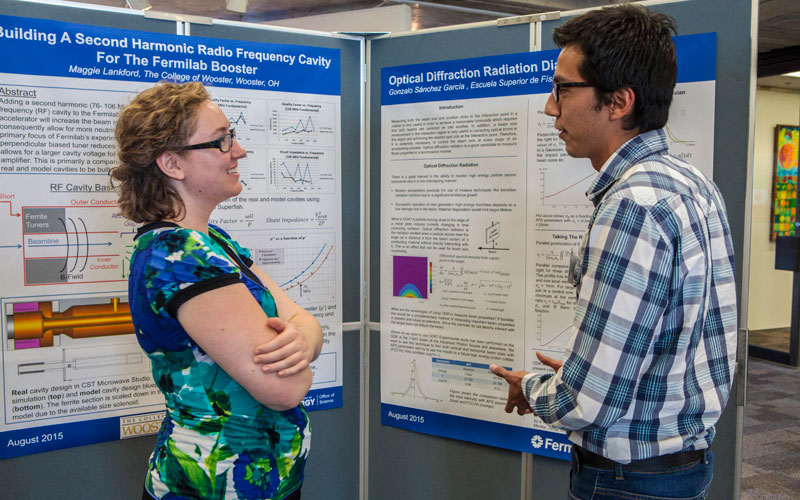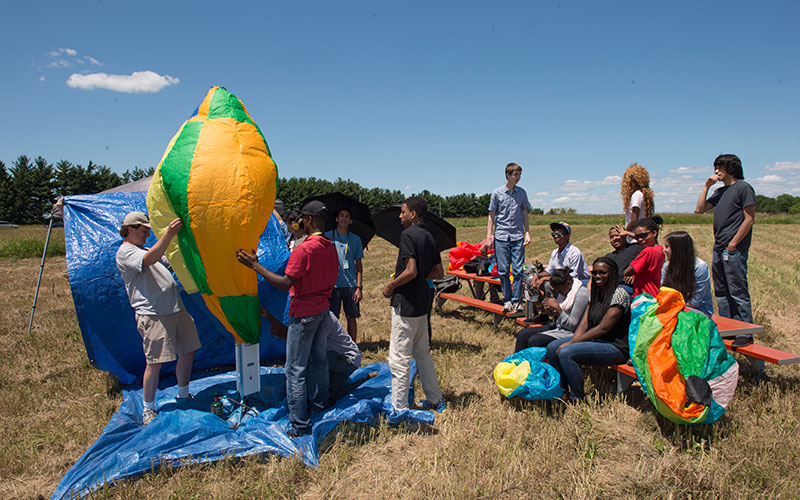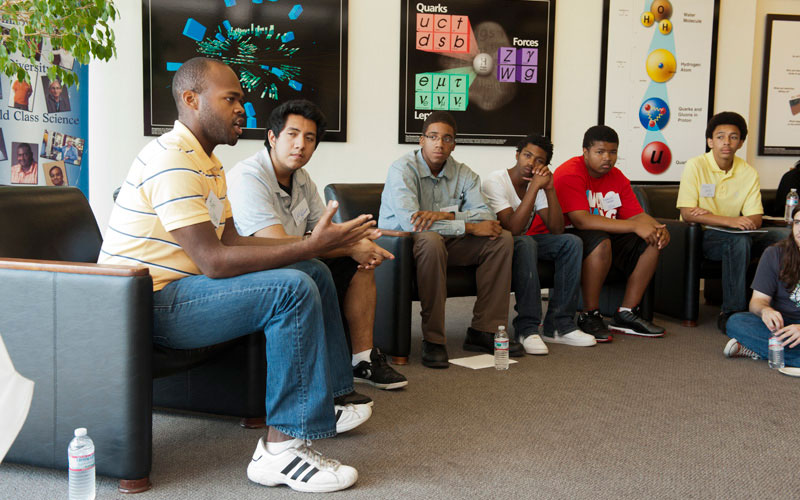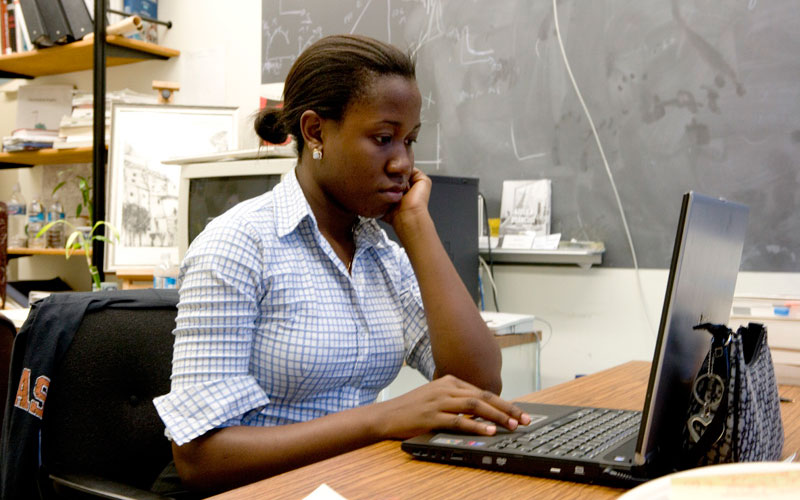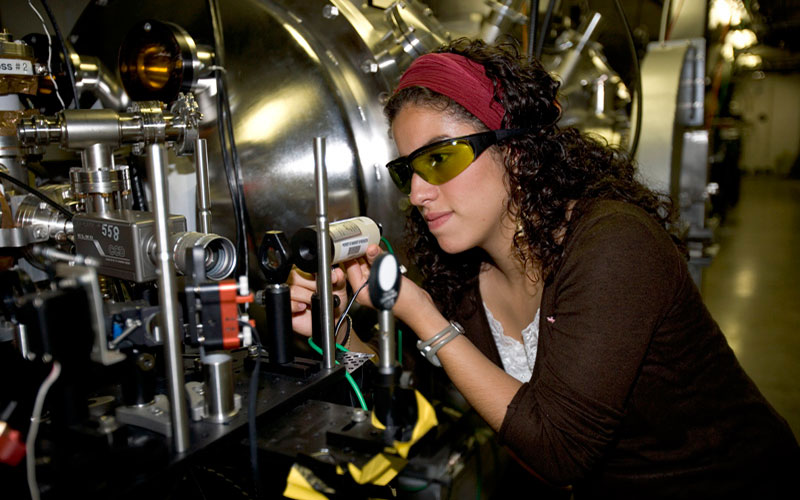Science
More than 3,500 scientists worldwide use Fermilab and its accelerators, detectors and computers for their research. About 2,600 researchers from more than 50 countries collaborate on experiments at Fermilab, keeping the United States at the leading edge of the international field of particle physics.
Fermilab produces the world’s most intense beam of high-energy neutrinos, particles that may hold the key to understanding why the universe is made of matter.
Scientists from Fermilab and other U.S. institutions played key roles in the discovery of the Higgs particle at the Large Hadron Collider. They now are upgrading the LHC experiments to take data at higher energy.
Using the cosmos as a laboratory, Fermilab scientists explore dark matter and dark energy, which constitute 96 percent of the universe.
Engineering and Technology
The engineering process can be dynamic and fluid at the laboratory, involving frequent interaction between engineers and their clients. The development of specifications can begin as a discussion between scientific staff and the individual engineer or engineers and can evolve into a formal, detailed request. Fermilab engineers make scientific dreams and what-ifs a reality by providing safe, cost-effective and reliable engineering designs.
Scientific Computing
Research creates a lot of data. Gathering, storing, analyzing and interpreting these data requires experts and the right tools. Fermilab is home to one of the largest tape robotic systems available today and provides more than 500 petabytes of storage capability. Fermilab also has the technology and computing power to process these data in a timely fashion to facilitate scientific discoveries, which often lead to applications in other areas of society. Our experts work closely with experimenters and the scientific community at large to provide and facilitate the use of the cutting edge computing tools necessary for these discoveries.
Information Technology
Information technology professionals at Fermilab are responsible for all information technology operations activities, including computer operations, data and operations support. They provide expertise in system performance, capacity planning and continual assessments for process improvement to ensure process are well-documented, sustainable and scalable.
Technical
Wherever you look at Fermilab — in every experiment — you find teams of outstanding technicians at work. They build, operate, maintain, fix and develop the tools of particle physics research that make Fermilab a great physics laboratory.
Business Support and Operations
Business support play a critical part in maintaining our operations and allowing the organization to deliver the highest-quality service to our internal and external customers in the areas of facilities management, project management, safety, health, quality assurance, human resources, procurement and finance.
Postdoctoral Program
The postdoctoral program offers the opportunity for candidates to perform research in a scientifically rich R&D environment; presents and publish research; contributes to the overall research efforts at the laboratory; advances knowledge in the areas of basic and applied research; strengthens our national scientific and technical capabilities. We perform world-class research in experimental and theoretical particle physics.
Student and Internship Programs
We have a variety of intern programs for graduate students, undergraduates, high school students and secondary school teachers. Interns have an opportunity to work on projects that support particle physics experiments in applied physics, engineering and computing.
Our Cooperative Education Program (Co-op Program) provides the opportunity to be integrally involved in the development and operation of the laboratory for individual exploration and project work. It supports a theory-practice model of learning in which students apply what they are learning as undergraduates at their home institutions to projects vital to our lab’s scientific mission.
Read more about the intern programs

